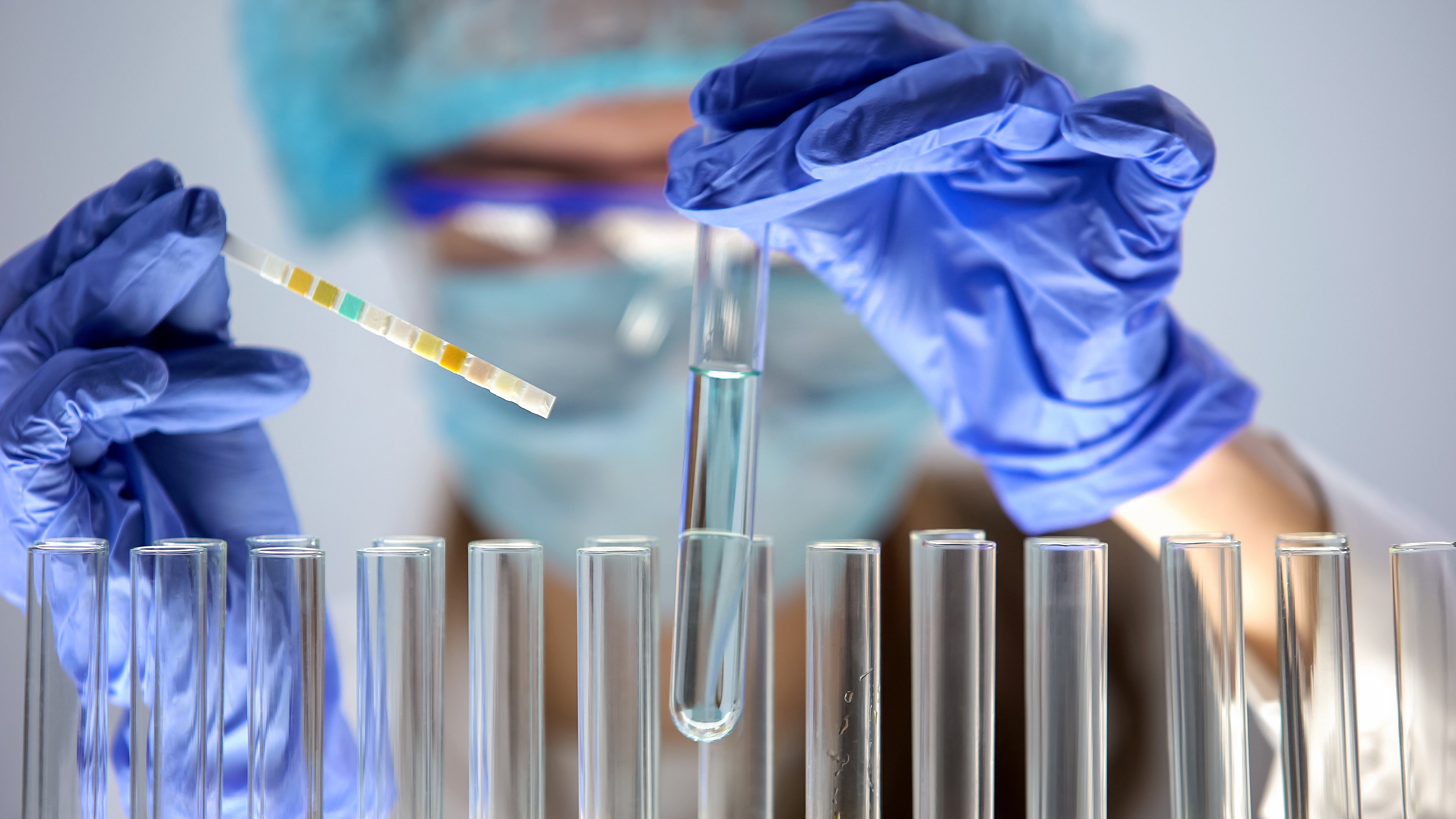Water Purity And pH: Not As Simple As You Think
18 Feb 2020

It’s often very important to know the pH of the water you’re using in the lab, to ensure that the pH of the solutions you are using are within the optimal range for your experiments.
Carefully controlling pH is important across a huge swathe of laboratory work, from enzymatic assays, chemical reactions and analytical analyses to creating buffers, solutions and cell culture media; in every case, maintaining a stable and reproducible pH can be vital for accurate results.
However, when setting out to determine the pH of your pure water, you may find that this is actually more complex than you might have first expected.
No ‘Contaminants’, No pH?
Ok, the title above is not exactly true… pH is a measure of acidity or alkalinity, determined by the state of dissociation of numerous molecules. Due to the very nature of ultrapure water, you cannot simply assess the pH with a general lab electrode, which detects ions in the water to determine the pH. Pure water contains a low and unstable level of ions, making electrode reading unreliable – just one part per billion (ppb) H+ or 150 ppb CO2 is all that is needed to shift the pH.
A sensitive solution indeed! The pH of ultrapure water will be easily influenced by CO2 present in the air that diffuses into the solution. Any trace amounts of acid or base in your sampling container will also have an effect, as will any contamination in the pH electrode calibration buffers themselves. As such, determining the pH of ultrapure water provides no real practical insight. To get around this issue, we need a replacement for measuring pH.
The Indirect Solution
The fact that pure water contains such low levels of ions is actually the answer to this problem. Conductivity and resistivity are measures of the flow of electrons through the fluid, and both can be directly correlated to the concentration of ions in the solution. As pH shifts beyond 7.0, the resistivity (the reciprocal of conductivity) decreases (see below) allowing us to predict the pH range of the solution.
At a resistivity of 18.2 MΩ.cm we know that water is at pH 7.0. This knowledge can be used to estimate the pH range at any resistivity value, for example, a solution with a resistivity of 5 MΩ.cm must have a pH in the range of 6.3–7.8.
How To Get Correct pH Readings
The use of conventional pH probes or litmus/pH test papers will not give you reliable results when assessing the true pH of high purity water. Making use of an alternative measure like resistivity overcomes this inherent problem: ultrapure water with a resistivity of 18.2 MΩ.cm provides a trustworthy way of ensuring the water is very close to pH 7.0. This means you can assess the pH of your water, without risking contamination or generating inaccurate results from using traditional electrodes.
